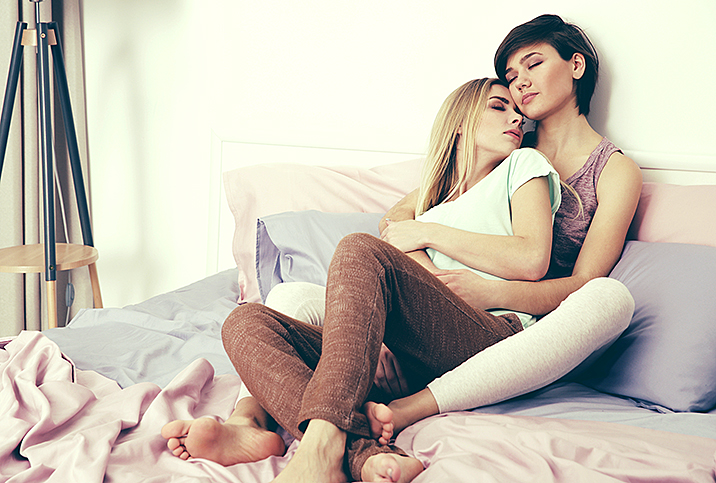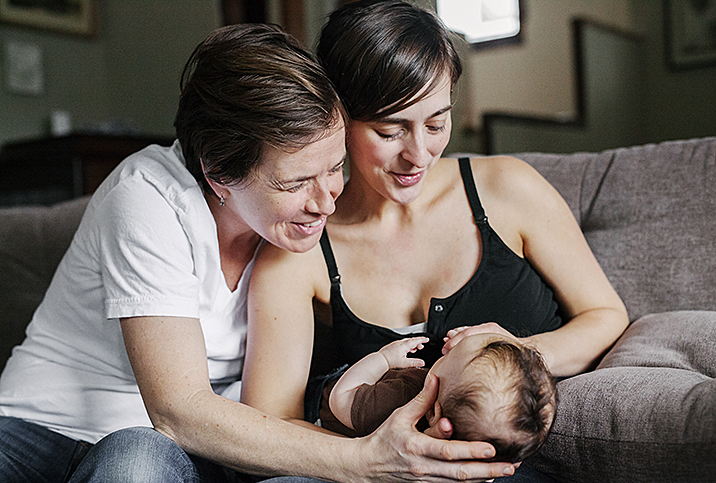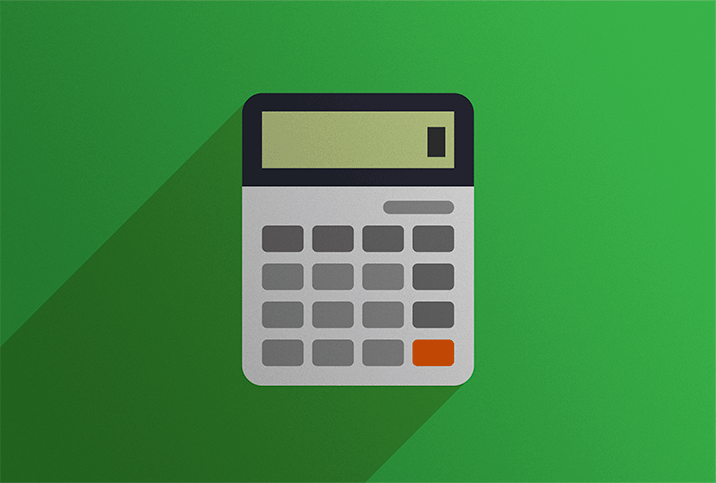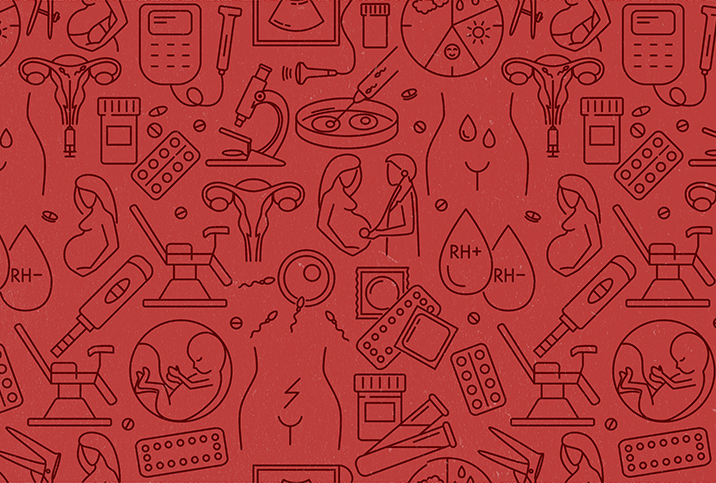The Ambiguous Grief of Being a Gay Woman and Wanting a Child

I relaxed on the couch, cradling my best friend's sweet 6-month-old baby. My friend handed me a glass of sauvignon blanc, the cue for girl talk, as bubs drifted off.
"How does it feel to have everything you ever dreamed of?" I asked. I'd seen her through every joy and jolt of life across 20 years.
"I didn't know I could love someone this much," she said, with a post-pregnancy beam.
A pang of confusing sadness hit me. I had the beautiful baby of my oldest, dearest friend in my arms and I started crying, overwhelmed with joy for my friend and the sting of my own status as a lesbian woman wanting a child.
I was experiencing grief for not having a child myself and knowing that in the future, as a lesbian mom, the person I love most in this world, my wife, won't be biologically connected to our baby. I was grieving that my child will never look more and more like my wife one day.
These challenges, navigating the complexities of queerness and wanting a child, are familiar to Julia Schwab, a queer-affirmative licensed marriage and family therapist in Los Angeles who specializes in relationship conflict, HIV/AIDS and anxiety and depression.
Compared to heterosexual couples, queer relationships can often require more emotional, financial and legal planning. Most primary care providers, OB-GYNs and reproductive health centers provide resources through the heteronormative lens, which can invalidate queer couples.
"Queer couples cannot easily become pregnant. The loss and frustration this entails is seldom understood outside of queer circles. Queer people are always functionating in a society where their way of having children is marginalized," Schwab said.
"I've never encountered a couple where genetics was emphasized. Even with divorcing lesbian couples, the baby has been adopted and the split custody is pursued," said Vanessa E. Ford, L.C.S.W., a psychotherapist in Chicago. "It seems the choice is made based on who's willing or able to carry [the baby] based on age, frozen eggs, career path and personal preferences."
'When are you having kids?'
Courtney Vondran, an LGBTQIA+ influencer in Chicago, came out as a lesbian two years ago. She never wanted marriage or kids until she met her girlfriend, Liz. Living in a "gayborhood" and following lesbians on Instagram has changed her perspective, as she can see herself in these queer couples.
"I had a guy I just met ask which one of us is going to carry. I'm blown away by how many people ask this question. It's not normal. Every couple will have a different dynamic. For us, Liz told me on day one that she wants to carry our child. I'll go second if we want another," Vondran said.
"My biggest fear is the cost," Vondran added. "If we did IVF, she carried and we used my eggs, it would cost upwards of $30,000. It's outrageous. In a perfect world, we would have free health insurance and it would cover IVF for queer couples."
Surprise! It's twins!
Jess Dinney and her wife, Alex, expected a difficult road to pregnancy. Dinney's low anti-Müllerian hormone (AMH) levels meant she had fewer eggs available. They first tried intrauterine insemination (IUI), then in vitro fertilization (IVF), and finally, 10 months later, Dinney found out she was carrying twins.
"We decided I'd carry first because I was four years older and I always had a strong desire to experience pregnancy," said Dinney, of Jacksonville, Florida. "I had an irrational fear that for some reason, motherhood wasn't going to happen for me. Our insurance didn't cover a penny of the process, which also fueled the anxiety. It's a constant roller coaster of excitement, hope and disappointment. But when you get that positive test, it's all worth it."
Dinney and her wife have the TV-perfect nuclear family: a boy and a girl. And they still have 10 frozen embryos if they choose to expand their family.
It's a privilege we get to choose
Queer couples go through every challenge imaginable to conceive, which can make them grateful parents who cherish their children. We have the privilege of choosing when we're ready without the stress of a pregnancy scare. LGBTQIA+ environments are open, inclusive and empowering spaces, where people are free to express themselves regardless of sexuality.
Ford said the notion of the family has changed with heterosexual couples.
"Nontraditional parenting—whether it be fostering, adopting, surrogacy, stepparenting or single parenting—are increasingly the norm," Ford said. "Emulating a parenting style that normalizes our choices is what's important.
"Many women these days, regardless of sexual orientation, contemplate nontraditional paths to becoming mothers, often delaying partnership or parenthood to prioritize their careers," Ford added.
'Having it all' is different for all of us
While my desire to become a mother deepens as my relationship strengthens over the years, there's one thing I know to be true: When it happens, and deep in my heart I know it will, we'll be ready.
Like many dreams in life, this is the ultimate test of patience and faith. I came out to the world. I can bring a life into the world, too.


















